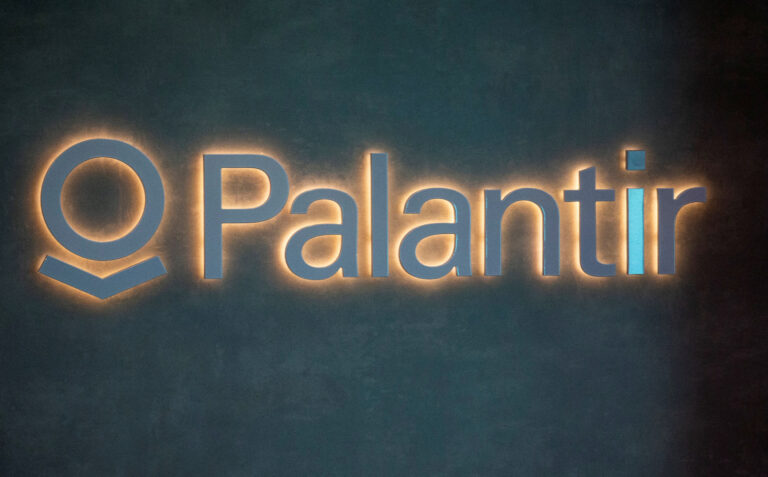Boeing (NYSE: BA) will likely miss a key 737 MAX jet production target in 2024, analysts at rating agencies Moody’s and S&P told Reuters. They said the company faces challenges as it ramps up its strongest-selling plane.
The U.S. aerospace giant’s goal is to produce 38 MAX jets a month by the end of 2024, up from 25 jets a month in July.
But Moody’s and S&P said that goal may not be reached until 2025 due to risks like possible labor disruptions at the planemaker’s facilities in the Seattle area. However, Boeing faces no immediate risk of a credit downgrade that would drop its rating to junk levels, the two rating agencies said on Friday.
Jonathan Root, lead Boeing analyst at Moody’s, assumes the planemaker will end 2024 producing 32 MAX jets per month, and reach the target of 38 in the second half of 2025. “We remain in a ‘show me’ state of mind,” he said.
MAX production and deliveries, which are closely watched by investors and airlines, mostly slowed following a Jan. 5 mid-air panel blowout on a new 737 MAX 9 that exposed longstanding quality-control problems at the jet maker.
Boeing (NYSE: BA) slowed output so it could improve production quality, but the decline in output and deliveries has taken a toll on cash flow. It burned about $8.3 billion in cash in the first half of 2024 and expects free cash flow to be negative this year, burdening its balance sheet.
“We see risks to reaching that number (38), including labor negotiations and the company’s history of underdelivering relative to targets,” said Ben Tsocanos, aerospace director at S&P Global Ratings. “We view increasing and stabilizing MAX production as necessary to generating free cash flow, which is ultimately what we care about to maintain the rating.”
Both S&P and Moody’s rate Boeing one notch above junk status.
In response to a request for comment, Boeing referred to its finance chief’s recent remarks saying that output was expected to rise in the second half of 2024 to hit 38 planes per month by year-end.
New CEO Kelly Ortberg has yet to publically discuss any production plans for the company. Analysts at William Blair said the new CEO may lower the production target to prioritize quality.
Spirit AeroSystems (NYSE: SPR), which is set to be acquired by Boeing (NYSE: BA), has the leading role in supporting increased output, Root said. The company produces the 737 fuselage that is used to make the finished planes at Boeing’s facilities in Washington state.
Spirit shipped 27 fuselages to Boeing in the June quarter, despite producing 31 a month. Since March, Boeing has been first inspecting the new fuselages at Spirit’s factory in Wichita, Kansas, and the vetting process has taken longer than expected, an industry source familiar with the matter told Reuters.
Meanwhile, lingering uncertainty about Boeing’s aircraft deliveries has airlines more cautious in planning their schedules. Last month, low-cost U.S. carrier Allegiant (NASDAQ: ALGT), a Boeing customer, said it expects a “slower delivery cadence” from the planemaker in 2025 and 2026.
When Allegiant placed an order for 50 737 MAX planes in 2022, rejecting offers from traditional supplier Airbus, it expected to take delivery of 10 of the jets in 2023, 24 in 2024, and 16 in 2025. However, it is still waiting for its first MAX aircraft. The plane is now expected in September, the airline said last month.
(Source: ReutersReuters)













